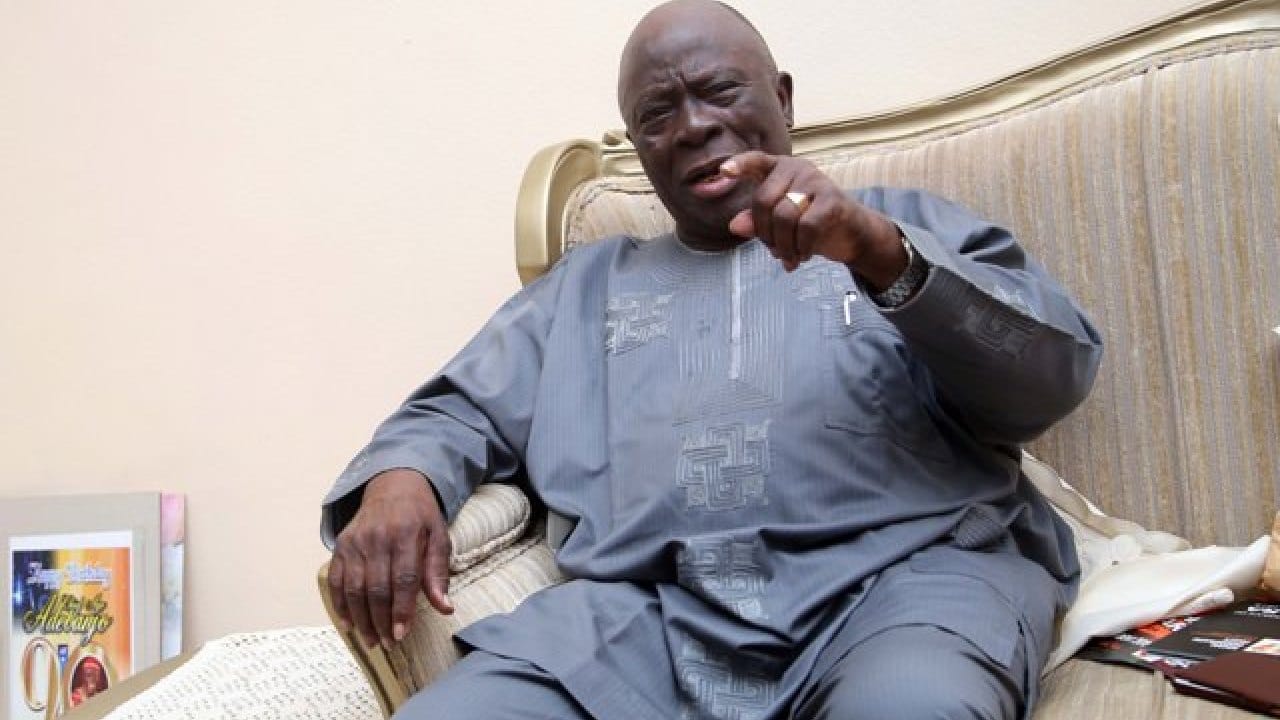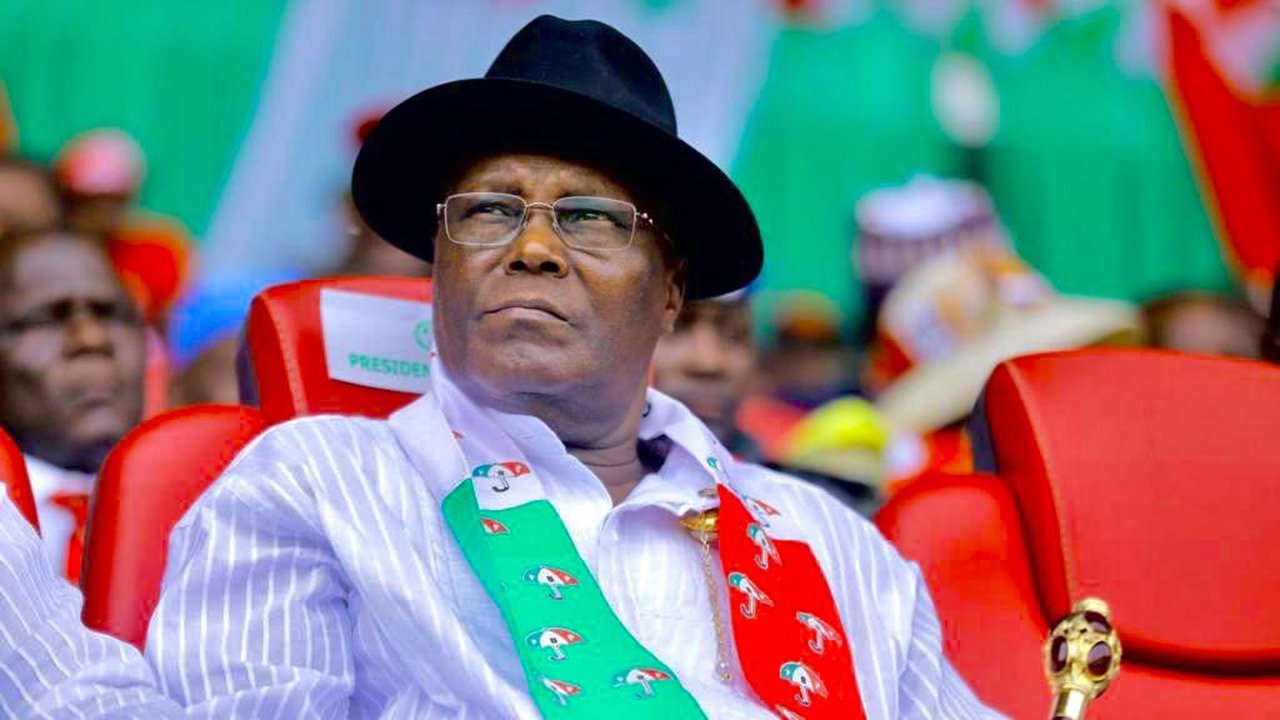The Central Bank of Nigeria (CBN) has said about 36% of adult Nigerians have access to financial services, despite the rate at which innovations occur in the nation’s payment system.
The apex bank has driven innovations in the banking industry and payment system, introducing technologies that have aided financial services which are backed by regulations.
The innovations which have birthed financial products and services have encouraged investment in fintech, competition among financial institutions and more risks for consumers.
But the Deputy Governor, Corporate Services of the CBN, Mr Edward Lamtek Adamu says the bank is working to keep up with all trends and fill financial gaps using enhanced regulations.
He gave the assurance at a seminar on Trends in the Nigerian Payment System: Regulating the FinTech Digital Playing Field”
The CBN boss called for increased regulatory scrutiny to ensure the continuous safety of the financial ecosystem and drive inclusion for all and sundry.
He said the apex bank would continue to improve access to finance for individuals and businesses through digital channels to improve financial inclusion, lower the cost of transactions, and increase the flow of credit to businesses.
‘The high level of confidence in our payment system, between 2015 and 2020, has attracted the investment of about $500m in firms run by Nigerian founders,’ he said.
“It is therefore imperative that Regulators must keep pace with these exponential developments and leverage new knowledge and technology tools such as Regtech and Suptech to enhance the efficiency and effectiveness of their mandate.”
The CBN boss also revealed that it is deploying its e-Naira project to ensure that all Nigerians are included and benefit from Fintech payment systems.
‘With the deployment of the eNaira, Nigerians in remote areas can conduct financial activities using digital as well as features on their phone devices, partnering with our stakeholders in the financial industry, I believe that more Nigerians will be financially included.’




